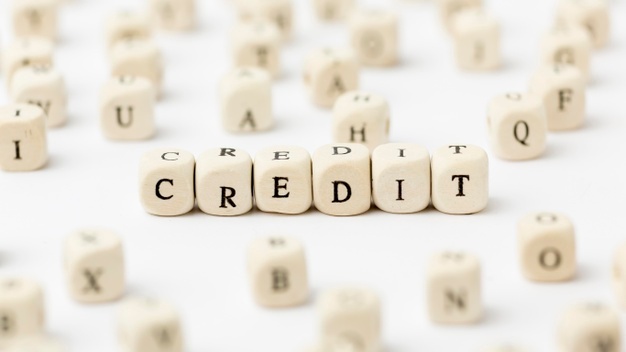Despite how important credit scores are in the financial world, they’re shrouded in mystery. It’s not always clear how they work, and this misunderstanding and Myths about Credit Scores can lead you to make mistakes that hurt your score.
To help protect your score, keep reading to get the facts straight.
Myth #1: You Can’t Borrow with Bad Credit
Can’t is such a loaded word. It implies that borrowing on bad credit is impossible, even in an emergency when you need help covering an unexpected, essential repair.
What’s more accurate is that you shouldn’t borrow until you raise your score to at least prime. Many financial advisors tow this line because you’ll pay more in fees if you have a low score.
Life doesn’t always play by these rules. Your pipes could burst before you have time to raise your score, and you need to borrow to repair them safely.
Emergency loans exist to help people with bad credit handle these problems. If you plan on applying for emergency loans with a bad credit history, it’s important you understand the costs. Look at your APR and monthly payments to ensure they’re something you can handle.
Myth #2: You Should Keep a Small Balance
Some people mistakenly believe they should keep a small balance on their credit cards or lines of credit. This myth comes from misunderstanding how your utilization ratio impacts scoring.
This ratio expresses how much of your available line of credit you use compared to its full limit. For example, a $200 balance on a $1,000 line of credit equals a 20% ratio.
At 20%, you would fall under one popular rule of thumb to keep your ratio below 30%. But in reality, zero is the best option.
Any balance carried over to another billing cycle is subject to interest and fees, which means you’ll pay more to keep this balance on your line of credit. It also ties up your available line of credit, leaving less on hand in an emergency.
Myth #3: Every Bill Contributes to Your Score
Your payment history is one of the biggest contributors to your score, but not every bill you pay will affect this official payment record. It depends on your creditor or lender.
Some financial institutions or utility providers submit your payment to the major credit scoring agencies with every bill cycle — regardless of whether you pay on time or late.
Others will only share your bad behavior to these scoring agencies. They won’t submit timely payments, but they will alert the agencies to late or missing payments.
This big reveal shouldn’t change your approach to paying bills. Every bill you pay on time may not actively contribute positive points towards your score, but it will keep negative entries from your report.
Myth #4: Checking Your Credit Will Bring it Down
Here’s another Myths about Credit Scores that’s based on half-truths.
In some cases, when certain online direct lenders or mortgage brokers check your credit, they do so in a way that leaves a mark on your report. Depending on what’s already in your file, this can bring your score down temporarily before it reverts to normal.
This doesn’t apply to any self-administered checks. That’s because you should be checking this report and score often. You get three free ones every year so that you can track your finances and catch any inaccuracies.
Don’t let these Myths about Credit Scores misinform your approach to your finances. Increase your score by focusing on fact-based advice.










